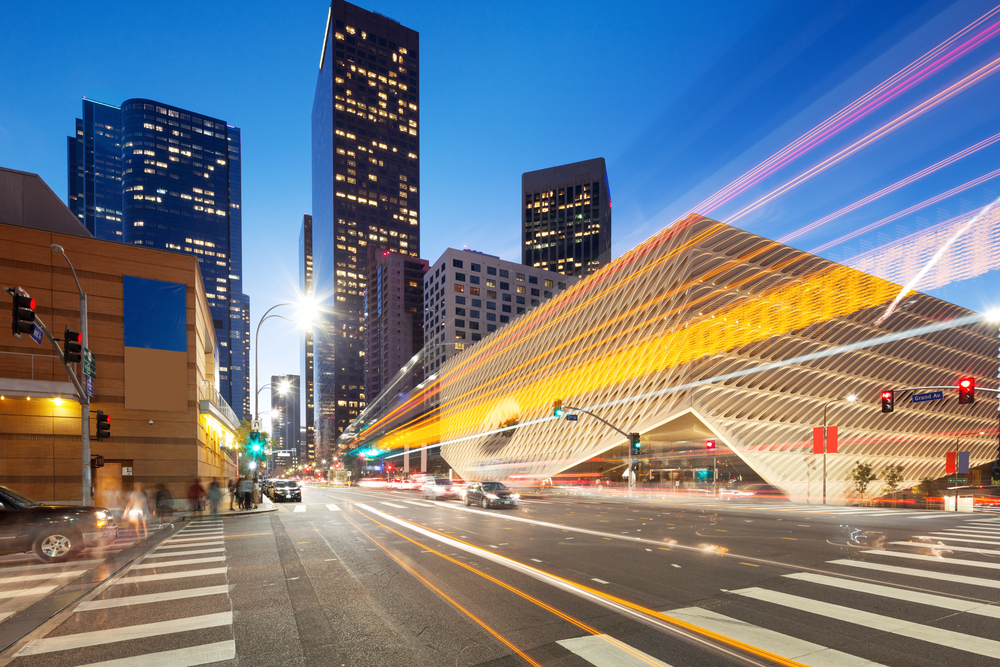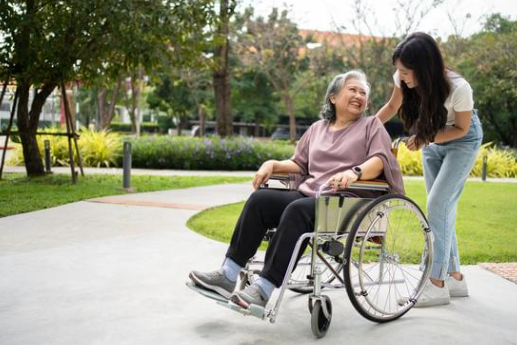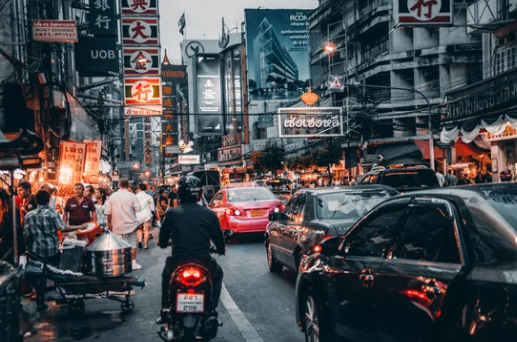
Public transportation systems are designed to provide a transit solution for the public, using a network that offers convenience, safety, and affordability to every person. Theoretically, it would seem like an optimal solution which, comparing to buying and maintaining a private vehicle, is costing only a small fraction of the citizen expenses. However, public transportation in Israel has a negative reputation. There is a 4% increase in the number of private vehicles in Israel year on year, with a current total of over three million registered private cars.
The main reason for the unpopularity of public transport is its inefficiency when measured by quantifiable means in various categories, including availability, reliability, number of route changes, synchronization between different networks on the travel route, frequency, and coordination.
Encouraging people to use public transport is in the clear interest of the State of Israel in general and local authorities in particular. Efficient public transportation reduces air pollution, creates a greener environment, cuts down traffic jams and congestion, and reduces socioeconomic disparities.
The technological solutions for upgrading public transportation services involve the upgrading of the vehicles themselves, the infrastructure, traffic management, and many other elements. Mashkal, The Local Government Economic Services Ltd. provides a platform via MiC for leading companies in Israel and around the globe to present technological solutions, which can be then implemented by local authorities to improve city mobility, infrastructure, transport for urban traffic in general and public transport in particular. Here are some of the technological solutions presented by MiC:
Tactile Mobility presents a real-time road mapping system using municipal vehicles which transmit information to data cloud. The system, which is installed on municipal vehicles, is designed to locate and identify problems and hazards, such as oil slicks and moisture on the road; cracks and bumps; and quality of surface-grip and road-quality rating – all of which are sent in real-time via internet communication to the cloud, enabling the local authority to deal with any hazards immediately by sending alerts and using traffic management measures in the affected area.
Flexible transportation
Via transportation introduces a flexible transportation system designed to increase and promote shared travel at low cost and with high availability at every stage. The system enables the management of vehicle fleets by sharing and mapping information; early detection of passengers planning to travel in the same direction; managing fixed routes according to fixed times; real-time occupancy updates; connection to traffic information; and relevant route adjustments. The system is based on artificial intelligence and aims to create transportation solutions that are accessible to different populations according to their needs. This system, which is already active in over one hundred and twenty countries throughout the world, has proven itself by reducing the number of private vehicles on the roads and increasing the efficiency of shared transportation and the comfort and satisfaction of passengers.
TraffiCal is a “smart” digital system for managing transportation by the local authority. The system provides a solution for children, co-workers, and other groups. It works by using a digital map and an interactive display of embarkation and alighting points, schedules, and a database of students, parents, escorts, and operators to ensure effective communication. The system is managed through an app together with viewing permissions as needed, which allows the local authority to be transparent towards the residents (through the disclosure of engagement agreements and conditions) and also towards the parents who are informed of their children status during the travel.
Many of the leading cities in the State of Israel suffer from negative migration, and residents are experiencing a decline in their quality of life due to the intertwined problems of employment constraints, traffic congestion, and high levels of air pollution. Upgrading public transport systems using advanced technological solutions will improve residents’ satisfaction, increased employment and economic opportunities, and significantly reduce air pollution.




